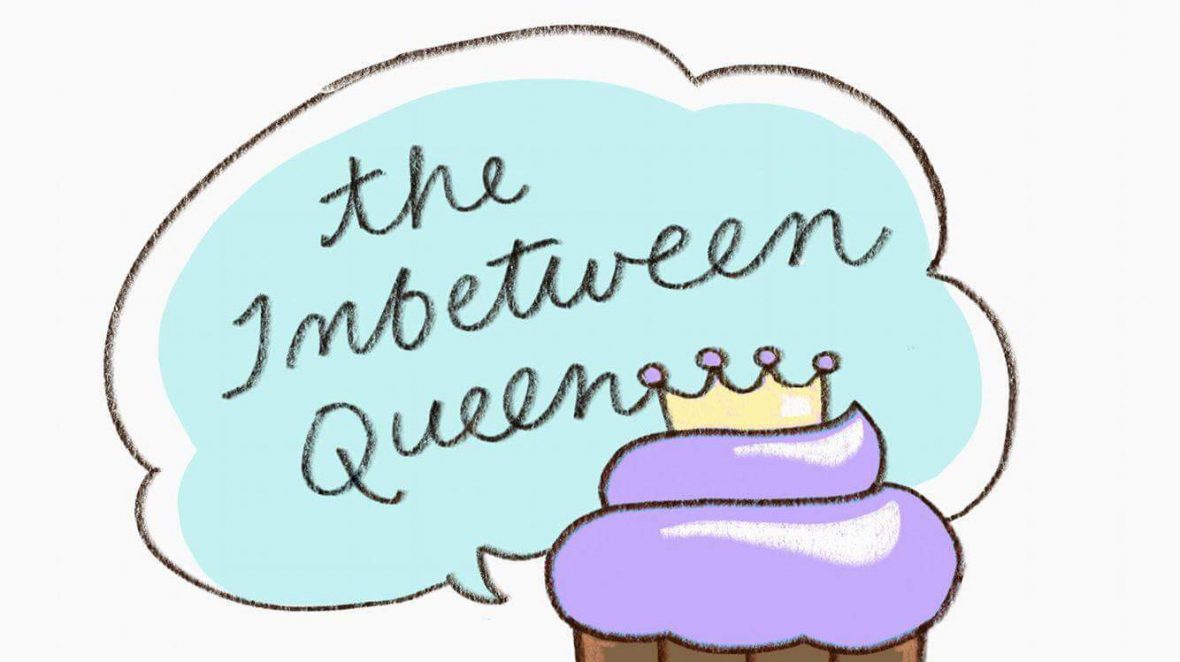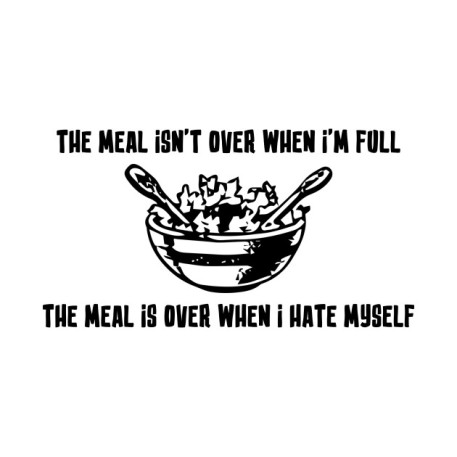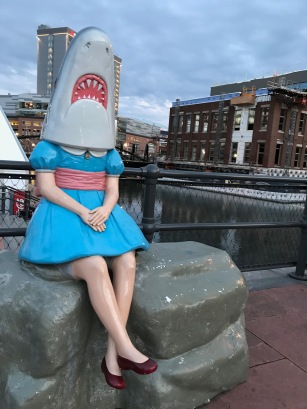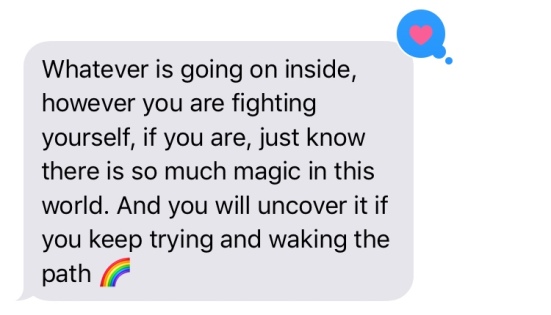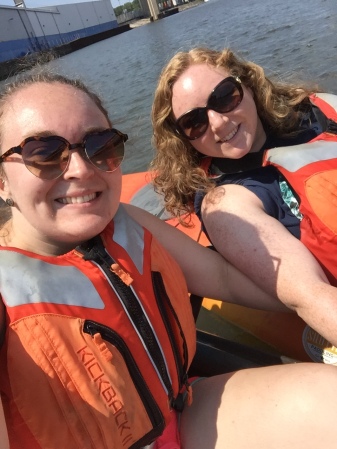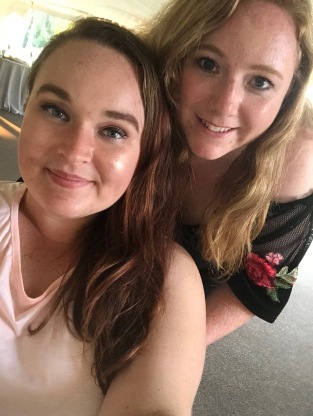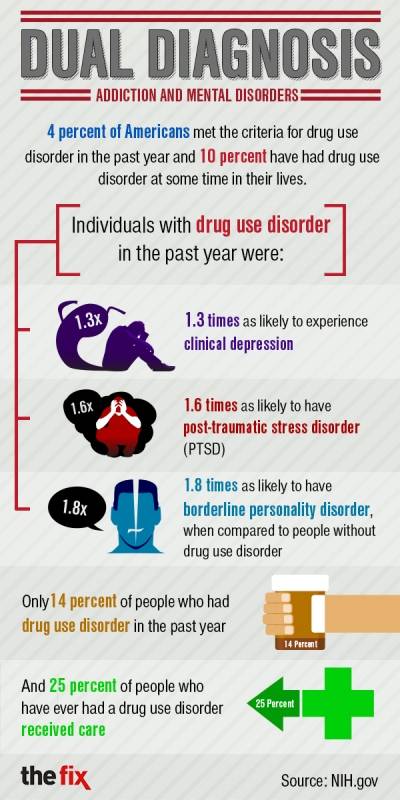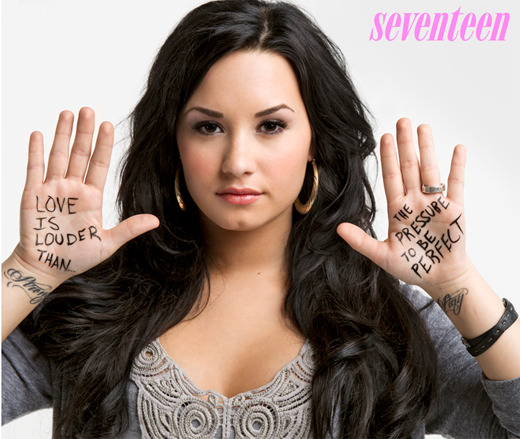An open letter to men in recovery: stop using “Rule 62” to dismiss women, comorbidity and intersectionality.
To ring in 2020, I spent New Year’s Eve with my friends who are sober–most if not all of whom are qualifying members of Alcoholics Anonymous (I am not; however, I understand the fellowship and framework quite well).
I was discussing sobriety with a man I had just met upon walking in the door to my good friends’ house on the water on the south shore of Long Island–the designated gathering place for 50+ sober people at any given time on a holiday such as July 4th, MDW, and this year, NYE.
I mentioned the unfortunate lack of consideration for folks with eating disorders like myself in the program of AA–especially considering that so many women (approximately 50%) experience comorbid symptoms of eating disorders and substance abuse including alcoholism.
The man in question simply said, “Rule 62,” and looked at me blankly.
Rule 62.
Don’t take yourself so damn seriously.
Rule 62, for those unfamiliar, is a rule that has found its way into recovery circles as unspoken tradition.
The backstory, from what I understand, has to do with tradition four (“Each group should be autonomous except in matters affecting other groups or A.A./E.D.A/whateverA as a whole.”) in anonymous programs, which discusses the idea that individual meeting groups can operate on their own volition without involving or compromising the integrity of the fellowship as a whole.
When AA was expanding, a group attempted to be “all things to all people”–they resolved to take care of meetings, residential treatment, and other facets of recovery life all under one roof–and realized that their goal was way bigger than they could manage in the context of the AA program.
This group came up with 61 rules and sent them to AA as a manifesto or proclamation for beginning their ambitious program. Then, they realized just how daunting a task it would be to take care of every single person’s needs in the realm of addiction treatment–and before scrapping the idea, they came up with rule 62.
So, what about it?
Last week, I read a really powerful and thought-provoking opinion piece in the New York Times about the patriarchal foundations and history of AA as an organization. We all know the names Bill W. and Dr. Bob, two men who were alive during the first world war and became alcoholics due to a perceived spiritual malady that they believed had to do with an inflated ego and sense of self, as well as a lack of presence of a higher power in their lives. They were their own higher power for the duration of their relationship with alcohol and drinking–which, as the NYT article suggests, is the essence of white male privilege.
They sought to recover from this sense of ego, but did it also heal their harmfully separatist sense of rigid gender roles and toxic masculinity?
Alcoholics Anonymous itself has, seemingly ironically tried to be all things to all people; opening itself to women, people of color, people with doctorates, average folks, and everyone in-between, but how can it do that if it still holds itself in the principles, practices and ideas of a world that was designed by and for white men? How can a fellowship with such a marginal number of women attending compared to men even say that “anyone can do it” if they have the capacity to be honest?
The problem is, this claim is dishonest in and of itself.
Rule 62 was meant to be an ego-check on a group of alcoholics who thought (mistakenly) that their individual group’s program could be a one-stop shop for recovery. When they failed, they wrote this rule as a way of softening the ways that their ambitious and admirable mission had not gone to plan. Well intentioned? Maybe.
In this conversation in my friend’s kitchen, Rule 62 was used to dismiss my very real concern about the harm still being done to people like me in the rooms who are not having their eating disorders addressed–a problem backed by statistics, as I shared before.
I know, I know. If AA were to take on eating disorders too, they wouldn’t really be AA anymore. But this is 2020; and we really need to start accounting for the more than half of the fellowship that needs access to a safe place to express the comorbidity of their alcoholism with other issues like disordered eating and, in the case of my region, opioid abuse. By not being sensitive to issues that clearly and empirically intersect with the problem of alcoholism, there is an imminent danger of making full recovery inaccessible to so many members and potential members.
“At least you’re not drinking” (I hear this one a lot, too!) isn’t good enough anymore. Eating disorders have an unbelievably high mortality rate, especially anorexia nervosa. And I’d venture to say that MOST eating disordered alcoholics can relate to the feeling that alcohol sets off their ED, and vice versa. This is serious.
Food is available at tons of AA meetings without supporting the people for whom food might be a trigger. With over 50 percent of addicts and alcoholics also having an ED–it seems a little insensitive not to address this, and to tell those who are authentically worried about it “not to take themselves so damn seriously.”
It’s not really a coincidence or an accident that this “rule” is probably most often bestowed upon women, as it was done unto me.
Having an ego and unwarrantedly flaunting your ability to quote a book that is, dare I say, just as fallible and subjective as we all are is…confusing, and honestly, a form of gaslighting imo.
Women don’t need to be powerless, and we don’t need to be told not to take ourselves so seriously. The world outside of those church basements and sober gatherings already does that to and for us.
Now, I know that this individual’s use and interpretation of Rule 62–like the fallible interpretations of a lot of things in AA and other anonymous groups–speak to the person, not to the fellowship as a whole, hence, the fourth tradition. Hell, Rule 62 was created so that a bunch of people who created a plan and failed, like any human might do, could laugh at themselves and not be bummed that they hadn’t succeeded. We all need a little of that in our lives, certainly.
But I wonder how many times this rule has also been used to drive women into silence about the things that bother them about the world that they live in; things happening inside and outside the rooms. Because the fact is, we absolutely need more power in the world at large and in the daily context of our lives, not less.
And that’s not going to come to us when we are told that the realities of the things we face–pay gaps, the motherhood tax, harassment, assault, violence, dismissal, diet culture, body shame, objectification, legislation made against and about our bodies, repeated interpersonal abuse and marginalization–aren’t serious, problematic or important enough for the men who claim to be united in recovery with us (while, might I add, segregating themselves OFTEN) to take seriously.
I’m a member of a recovery fellowship that isn’t AA, but since AA laid that foundation, I’m addressing it directly, I guess. Any if not all of my closest friends are members of AA. Some of them may cheer me on for saying this, and some might not. That’s okay. However, if anonymous recovery groups, and recovery as a whole, isn’t the same boys club that it says it “used” to be, I’m going to need some of the recovering men I see, know, and love, to start proving that. In fact, I demand it, because (gasp!) I take myself seriously. Out of nothing more than self-respect.
